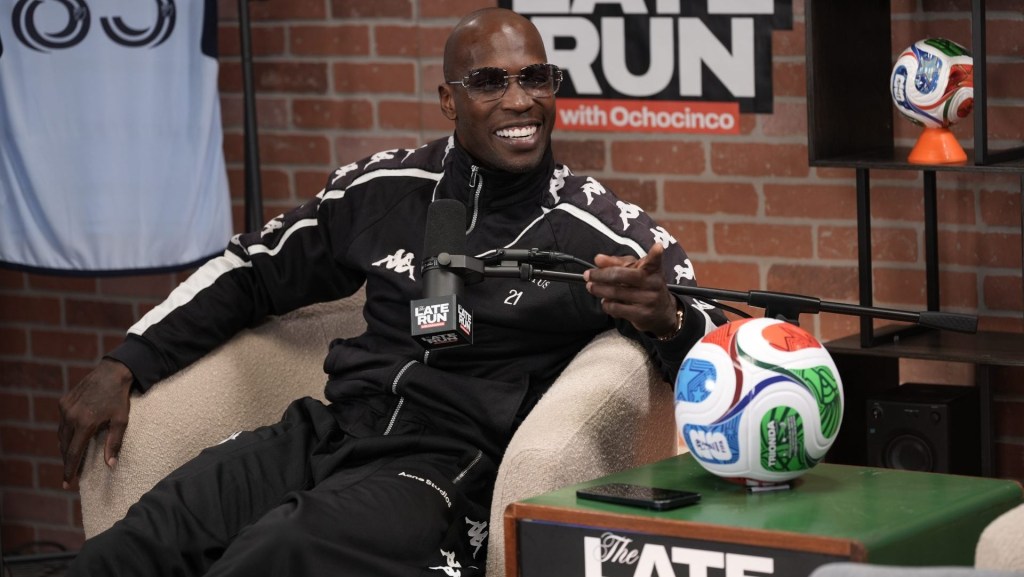There won’t be a Paramount Global–Skydance Media merger after all, at least under the previously discussed terms. But the status quo for the CBS Sports corporate parent is essentially not sustainable, strongly suggesting that some type of major move for the company is still on the way.
National Amusements, the Shari Redstone family company that controls Paramount Global, confirmed late Tuesday that it will not move forward on a proposed merger with Skydance Media potentially worth $8 billion, citing an inability “to reach mutually acceptable terms.”
The potential deal with Skydance had sought to bring together under one corporate umbrella a media company that has rights to the NFL, half of the men’s March Madness, several top college conferences, the WNBA, NWSL, and golf’s Masters, among other key sports assets, along with a fast-growing documentary unit behind such projects as the highly popular Kelce on Amazon Prime Video. The NFL is also an investor in Skydance Media.
“[National Amusements] supports the recently announced strategic plan being executed by Paramount’s Office of the CEO as well as their ongoing work and that of the company’s board of directors to continue to explore opportunities to drive value creation for all Paramount shareholders,” the company said in a statement.
But what now? Redstone is now reportedly pursuing a straight sale of National Amusements as opposed to a merger like what had been negotiated with Skydance. But as she does that, Paramount has more than $14.6 billion in debt. And despite the extensive battery of top-tier sports rights, the company’s stock has sagged more than 23% in 2024, it has not been as active in the streaming business as many of its competitors, and its linear TV business faces the same large-scale issues with cord-cutting as the rest of the industry.
“This will add to the long shadow over Paramount as yet another misstep,” wrote Wells Fargo Securities analyst Steven Cahall about the aborted Skydance deal in a note to investors. “The last six months has seen governance weakened, the CEO fired in favor of management by committee, likely internal disruption to rank-and-file morale, massive golden parachutes, and probably a lot of deal-related expenses.”
Revival of a WBD Deal?
The collapse of the Skydance talks quickly gave rise to renewed chatter, at least among some outside observers, of a potential union for Paramount with TNT Sports parent Warner Bros. Discovery. The two companies already share March Madness rights—serving for more than a decade as one of the most unique deals in sports media—and previously explored a merger this past winter before Paramount moved toward the potential Skydance transaction.
There has been no official word of any renewed talks between the two companies, but both are facing their own growing pressures. WBD is already in the midst of a reconstruction of its sports portfolio as it faces an uphill battle to retain coveted NBA media rights. It’s worth noting, though, that WBD has its own massive debt load of more than $43 billion and stock issues, with shares down by about a third this year—factors that could complicate any new deal between the two.
Such a merger would still establish “a TV production powerhouse, a more profitable combined studio, and provide WBD with a broadcast network,” said Loop Capital analyst Alan Gould. “However, that deal certainly could not be done under the current administration.”
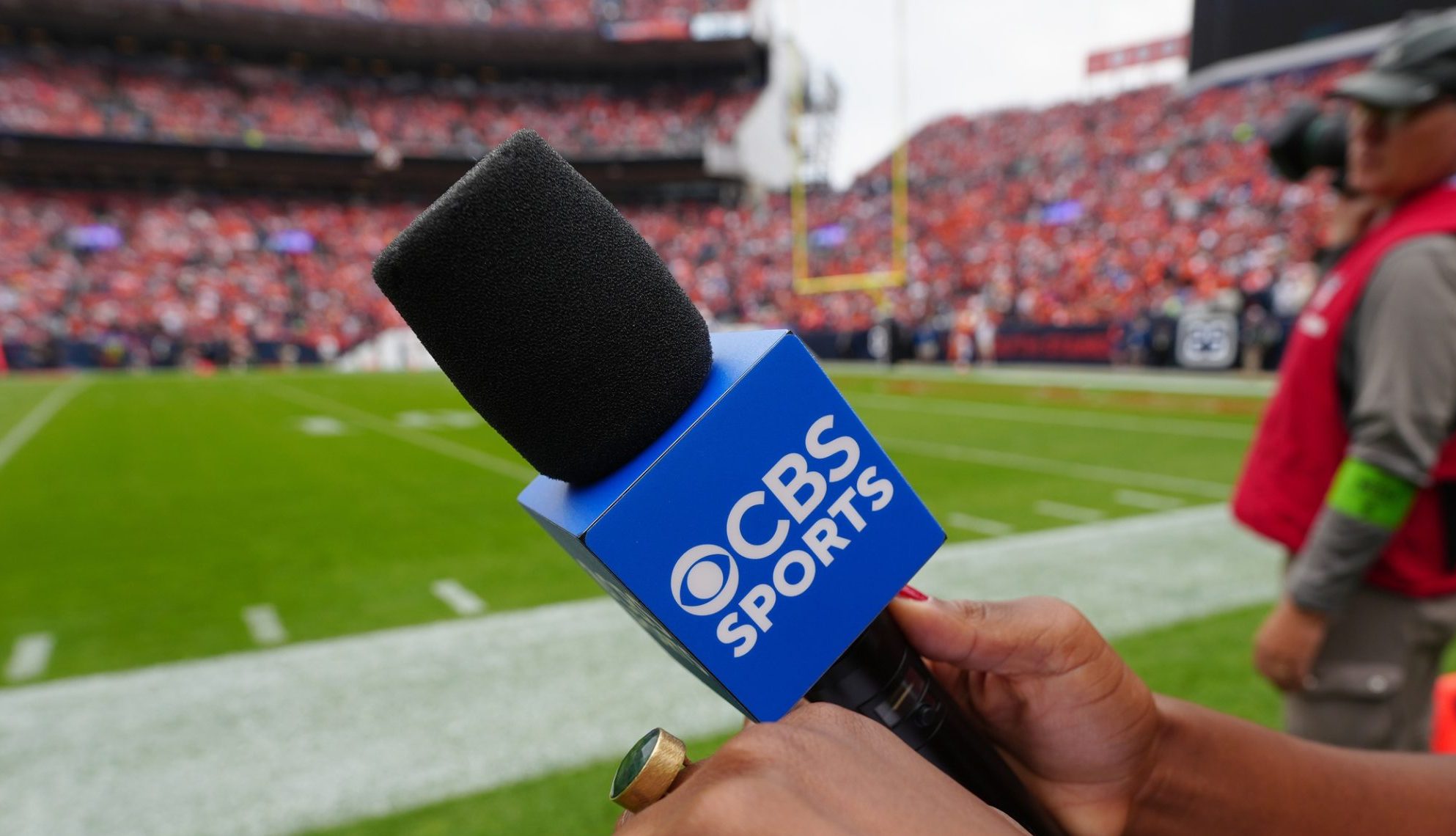
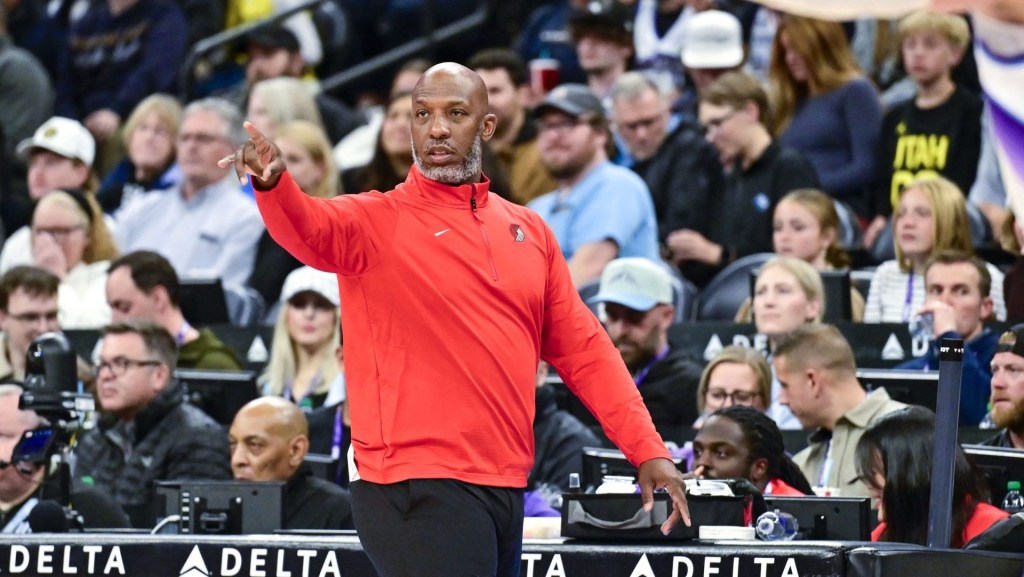

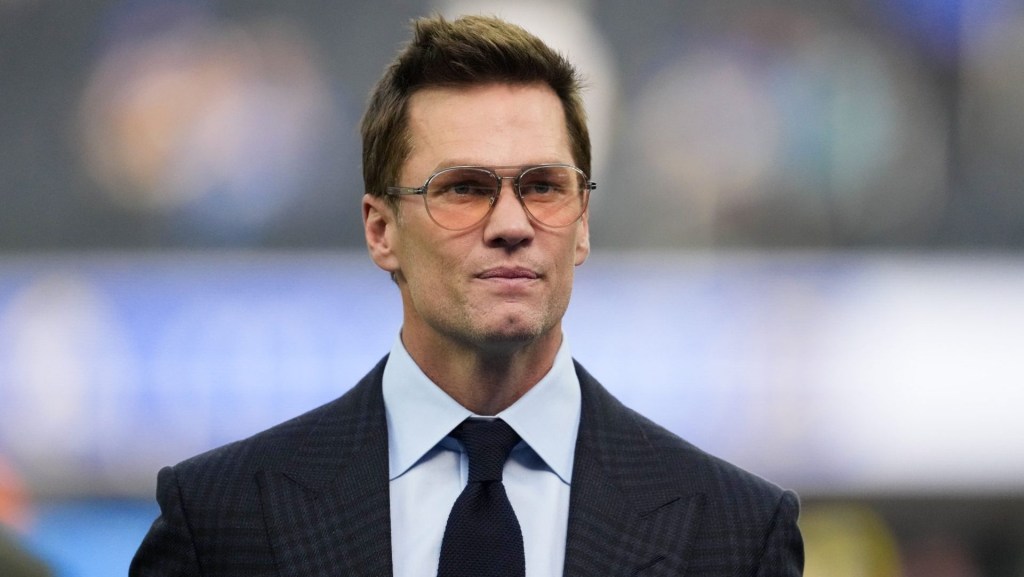
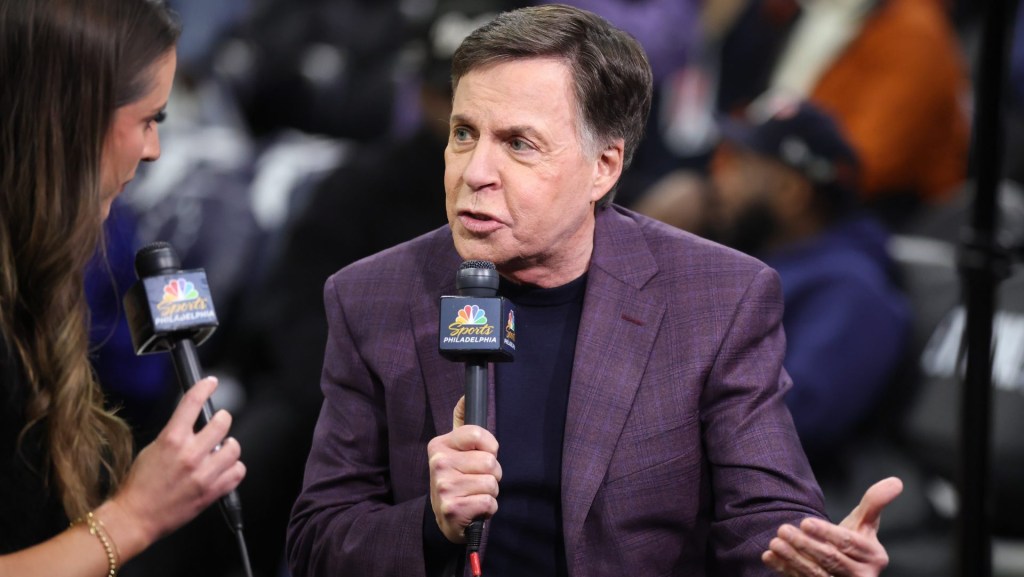


![[Subscription Customers Only] Jun 15, 2025; Seattle, Washington, USA; Botafogo owner John Textor inside the stadium before the match during a group stage match of the 2025 FIFA Club World Cup at Lumen Field.](https://frontofficesports.com/wp-content/uploads/2026/02/USATSI_26465842_168416386_lowres-scaled.jpg?quality=100&w=1024)
![[Subscription Customers Only] Jul 13, 2025; East Rutherford, New Jersey, USA; Chelsea FC midfielder Cole Palmer (10) celebrates winning the final of the 2025 FIFA Club World Cup at MetLife Stadium](https://frontofficesports.com/wp-content/uploads/2026/02/USATSI_26636703-scaled-e1770932227605.jpg?quality=100&w=1024)







